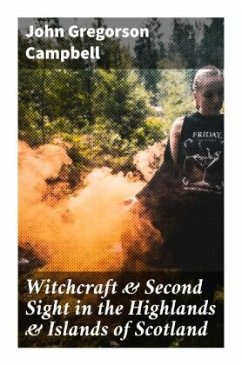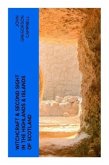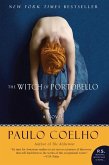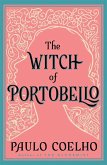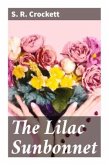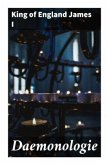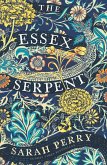In "Witchcraft & Second Sight in the Highlands & Islands of Scotland," John Gregorson Campbell offers a meticulous ethnographic exploration of the supernatural beliefs deeply rooted in Scottish culture. Blending folklore with rigorous scholarly inquiry, Campbell examines the practices of witchcraft and the phenomenon of second sight, integrating vivid narratives and first-hand accounts to illuminate the complexities of these traditions. His literary style intertwines academic discourse with a captivating narrative flow, making the text not only an informative read but also a compelling reflection of the Highlands' mystical heritage. Employing a historical lens, Campbell situates his work within the broader context of 19th-century ethnology and anthropology, thereby addressing the societal and cultural transformations influencing Scottish identities. John Gregorson Campbell was a Scottish folklorist and a pioneering figure in the study of folklore and belief systems. His personal experiences growing up in the Highlands, coupled with his passions for both literature and fieldwork, significantly informed his understanding of local beliefs in the supernatural. His dedication to preserving these traditions stems from a deep appreciation for Scotland's cultural history, which he sought to document before modernization eclipsed older ways of knowing. This book is a must-read for scholars of folklore, anthropologists, and anyone intrigued by the intersection of culture and the supernatural. Campbell's insightful analysis and rich portrayals provide a profound understanding of how such beliefs shaped, and continue to influence, the identity of the Scottish Highlands. Engaging in this work will not only enrich your understanding of Scottish folklore but also invite you to reflect on the universality of such beliefs across cultures.
Bitte wählen Sie Ihr Anliegen aus.
Rechnungen
Retourenschein anfordern
Bestellstatus
Storno

